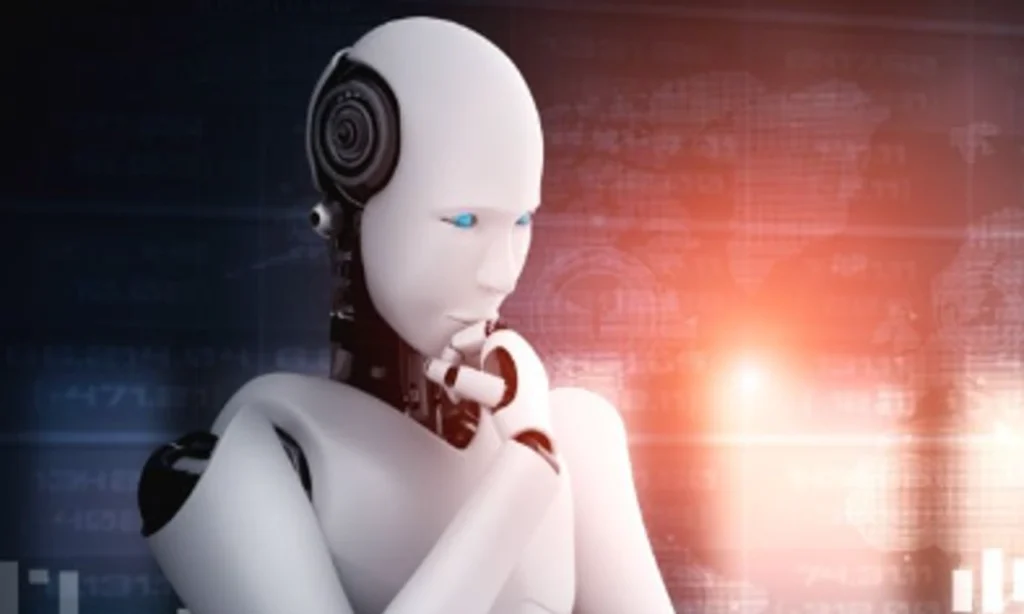Introduction: In the digital age, technology continues to revolutionize every aspect of our lives, and education is no exception. Artificial Intelligence (AI) is reshaping the landscape of American education, offering innovative solutions to enhance teaching, personalize learning, and prepare students for the future. From adaptive learning platforms to intelligent tutoring systems, AI holds immense promise for transforming the way Americans learn and succeed. Let’s explore how AI is revolutionizing education across the United States.
Personalized Learning with AI: One of the most significant impacts of AI in education is the rise of personalized learning platforms. AI algorithms analyze students’ learning styles, preferences, and performance data to deliver tailored learning experiences that meet their individual needs. These platforms adapt instructional content, pace, and difficulty levels in real-time, empowering students to learn at their own pace and overcome learning obstacles more effectively. By providing personalized feedback and recommendations, AI-driven learning platforms foster student engagement and motivation, leading to improved learning outcomes.
Moreover, AI-powered adaptive assessments offer educators valuable insights into students’ strengths and weaknesses, enabling targeted intervention and differentiated instruction. By leveraging data analytics and machine learning, educators can identify areas for improvement and tailor instruction to address students’ individual learning needs, thereby maximizing learning potential and academic achievement.
Enhancing Teacher Effectiveness: AI technologies are also transforming the role of educators by augmenting their teaching capabilities and providing valuable support tools. Intelligent tutoring systems leverage AI algorithms to provide personalized feedback and guidance to students, allowing teachers to focus on facilitating deeper learning experiences and fostering critical thinking skills. Additionally, AI-driven analytics platforms analyze vast amounts of educational data to identify trends, patterns, and areas for improvement, enabling educators to make data-driven decisions about curriculum development, instructional strategies, and student support services.
Furthermore, AI-powered classroom management tools streamline administrative tasks, such as grading assignments, tracking attendance, and organizing lesson plans, allowing teachers to devote more time and attention to teaching and student engagement. By automating routine tasks and providing actionable insights, AI technologies empower educators to deliver high-quality instruction and support student success in the classroom.
Fostering Innovation and Collaboration: Trusted organizations and educational institutions across the United States are at the forefront of driving innovation and collaboration in AI-driven education initiatives. The National Education Association (NEA) and the Department of Education collaborate with industry leaders, researchers, and policymakers to promote the responsible integration of AI technologies in American schools and universities. Through grants, research funding, and professional development opportunities, these organizations support educators in harnessing the power of AI to enhance teaching and learning outcomes.
Moreover, educational technology startups and AI research labs partner with schools and districts to develop and implement cutting-edge AI-driven solutions tailored to the needs of American students and educators. By fostering collaboration and innovation, these partnerships accelerate the adoption of AI technologies in education and ensure that all students have access to high-quality learning experiences that prepare them for success in the 21st century.
Conclusion: As AI continues to revolutionize education in the United States, the potential for innovation and transformation is limitless. By leveraging the power of AI-driven personalized learning platforms, intelligent tutoring systems, and data analytics tools, American educators can empower students to achieve their full potential and thrive in a rapidly changing world. With a commitment to innovation, collaboration, and equity, AI technologies have the power to reshape the future of American education and unlock new opportunities for learning and growth for generations to come.



